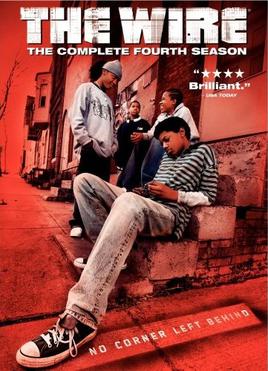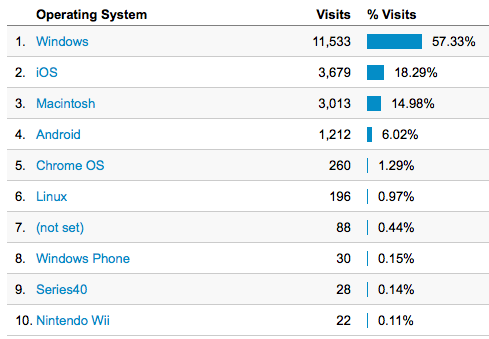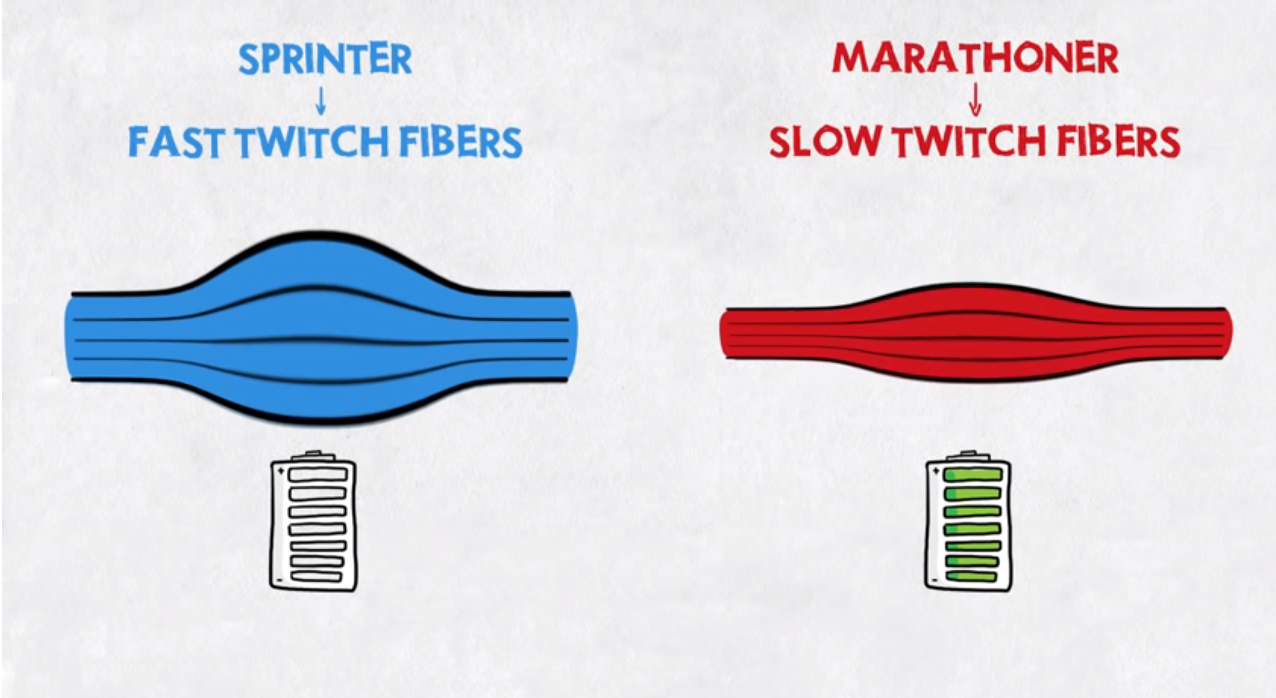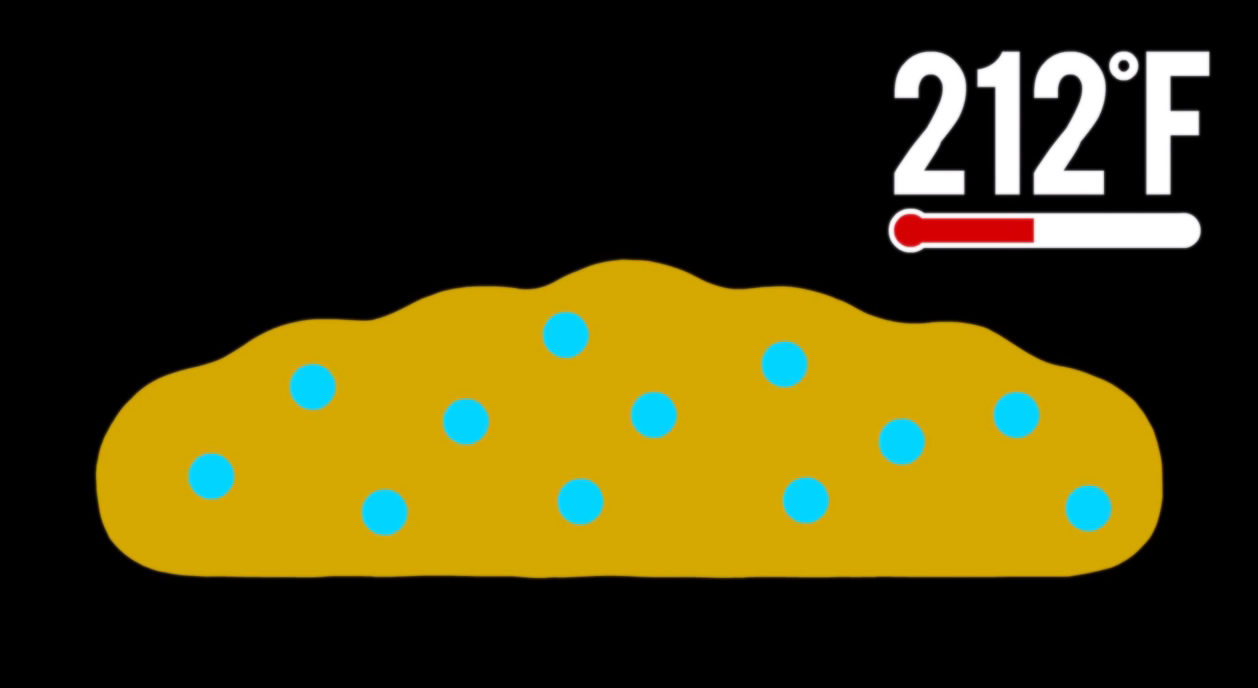
In 2004, Linworth Publishing Company released Redefining Literacy for the 21st Century. They had come to me more than a year earlier to write a book about technology for educators, and, being so flattered, I agreed. However, as I commenced researching and planning the book, I came to realize that it was not technology that was impacting the work of educators nearly so much as the changing nature of information. What we read was changing in..
- What it looked like,
- What we looked at to view it,
- How we found it,
- Where we went to find it,
- What we could do with it and
- How we communicated it.
Discussing this with my editor, Donna Miller, we concluded that what was needed more than a book about technology, was a book about literacy, and how our notions of literacy are affected by an increasingly digital, networked and information abundant (overwhelming) world.
To set the stage my first chapter was a story, set in a middle school in 2014. It was perhaps more of a thought experiment for me, imagining the technologies that would almost certainly be available in schools in 10 years and then learning how they might be applied, by telling a story about the school’s students, teachers and community.
Here is the story’s introduction.
This first chapter is a work of future fiction. I do not call it science fiction, because I have every reason to expect that schools can change this much, and that it could happen during my career. If they do not, it will not be because the technology is not available, but because we did not have the courage or vision to make such dramatic changes in the way that we prepare our students for their future.
Some of what you read in this short story will seem unbelievable. However, if you are aware of the advances in computers and networking over the past ten years, it will not be the technology that surprises you. It will more likely be what learners and educators do while they are engaged in teaching and learning. So let us remove the veil of our own industrial age upbringing for just a few minutes and see one possibility. Welcome to The Bacon School, 2014.1
Continue here.
Copyright © 2004 by Linworth Publishing, Inc.
My next few blog entries will be a serialized version of that story. I want to thank Marlene Woo-Lun for helping me to get permission from ABC-CLIO to republish this chapter and also for helping in the second edition of this literacy book, Redefining Literacy: 2.0, published in 2008.
Warlick, D. (2004). Redefining literacy for the 21st century. (p. 1). Columbus, OH: Linworth Publishing, Inc.






